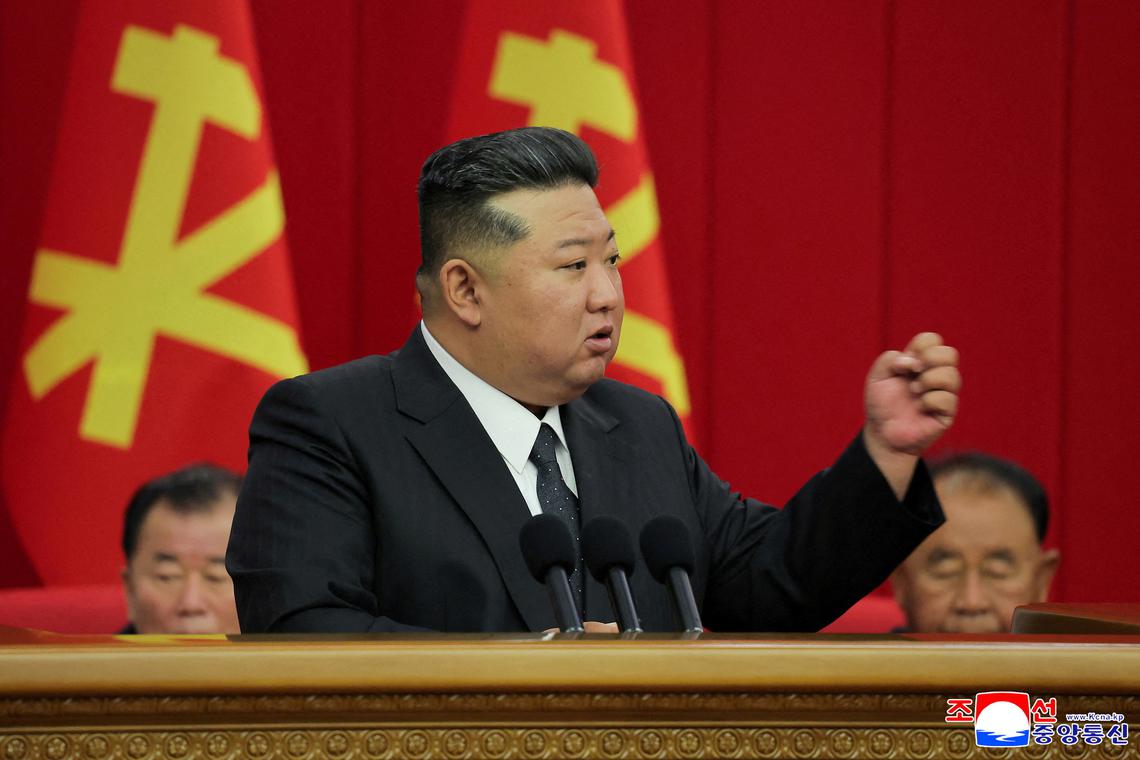North Korean leader Kim Jong Un declared his nation would triumph in its “anti-imperialist, anti-U.S.” confrontation during ceremonies marking the 71st anniversary of the Korean War armistice, state media reported Sunday. During a visit to a war museum, Kim asserted that North Korea would “surely achieve the great cause of building a rich country with a strong army,” according to the KCNA news agency. The remarks came as the regime commemorated what it calls “Victory Day,” the July 27, 1953, armistice that halted—but did not formally end—the Korean War.
The 1953 agreement, signed by U.S. and Chinese representatives on behalf of U.N. and North Korean forces, established the Korean Demilitarized Zone (DMZ), roughly splitting the peninsula along pre-war lines. Despite the stalemate, Pyongyang celebrates the date as a triumph, while South Korea observes no major commemorations. Kim’s latest rhetoric underscores his regime’s continued framing of the U.S. as an existential adversary, even as tensions persist over North Korea’s nuclear program and military cooperation with Russia.
In a show of defiance, Kim paid tribute to wartime veterans, including a visit to a memorial honoring Chinese soldiers who fought alongside North Korea. State media also reported his visit to an artillery unit, where he rallied troops amid escalating military ties with Moscow. Recent intelligence from Seoul suggests thousands of North Korean soldiers have already been deployed to Russia’s Kursk region, with more potential deployments expected in coming months. Pyongyang has also supplied artillery shells and other munitions to bolster Russia’s war effort in Ukraine.
The anniversary comes as Kim intensifies his alignment with Russia and China against Western influence, while doubling down on domestic militarization. His speech omitted any mention of diplomacy with Seoul or Washington, instead emphasizing North Korea’s readiness for confrontation. Analysts suggest the rhetoric serves both to reinforce internal unity and to signal resolve to external adversaries, as Pyongyang seeks to leverage its partnerships with Moscow and Beijing amid prolonged international isolation.














